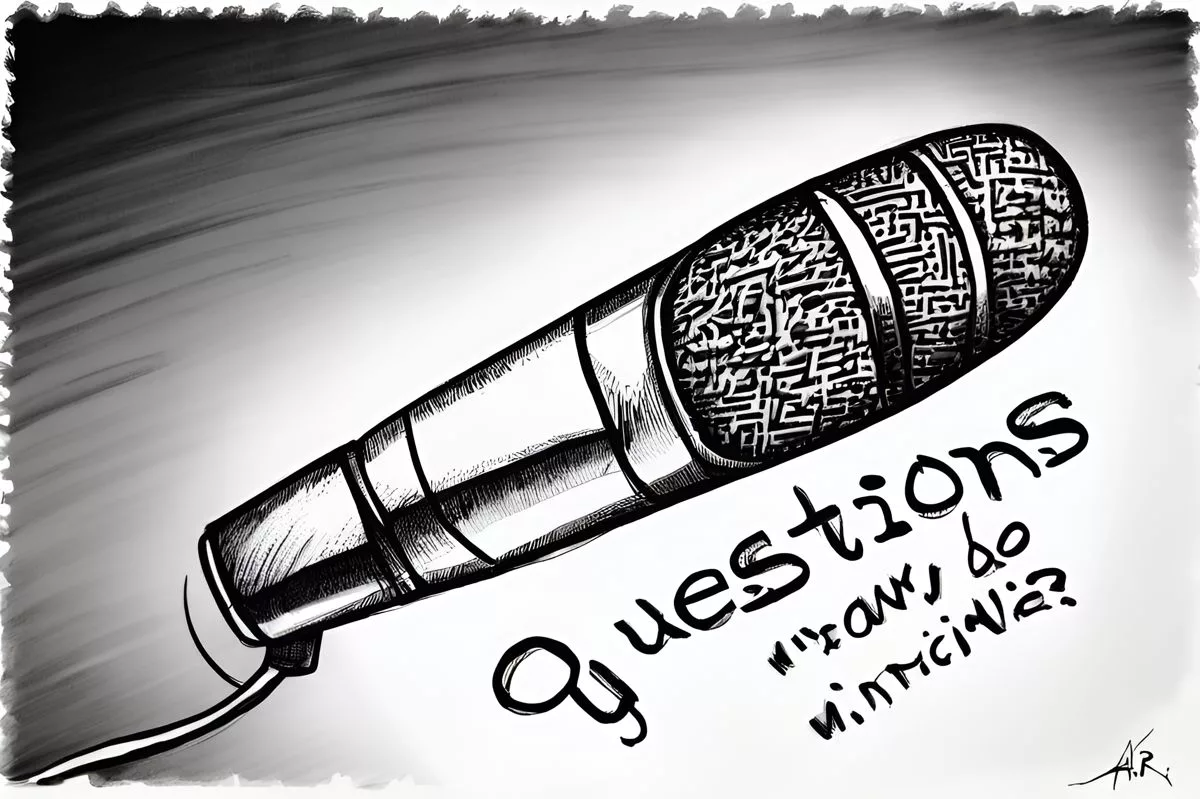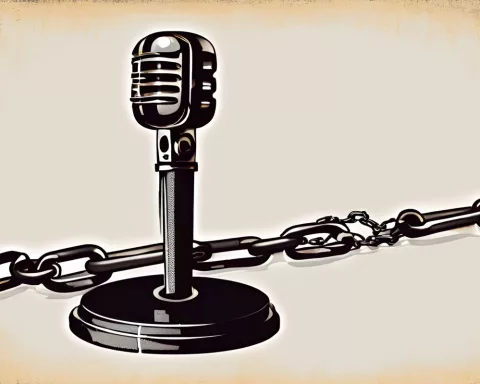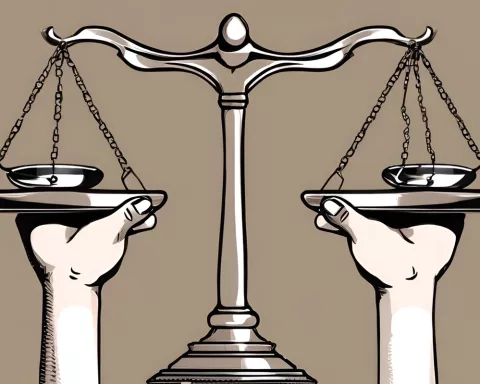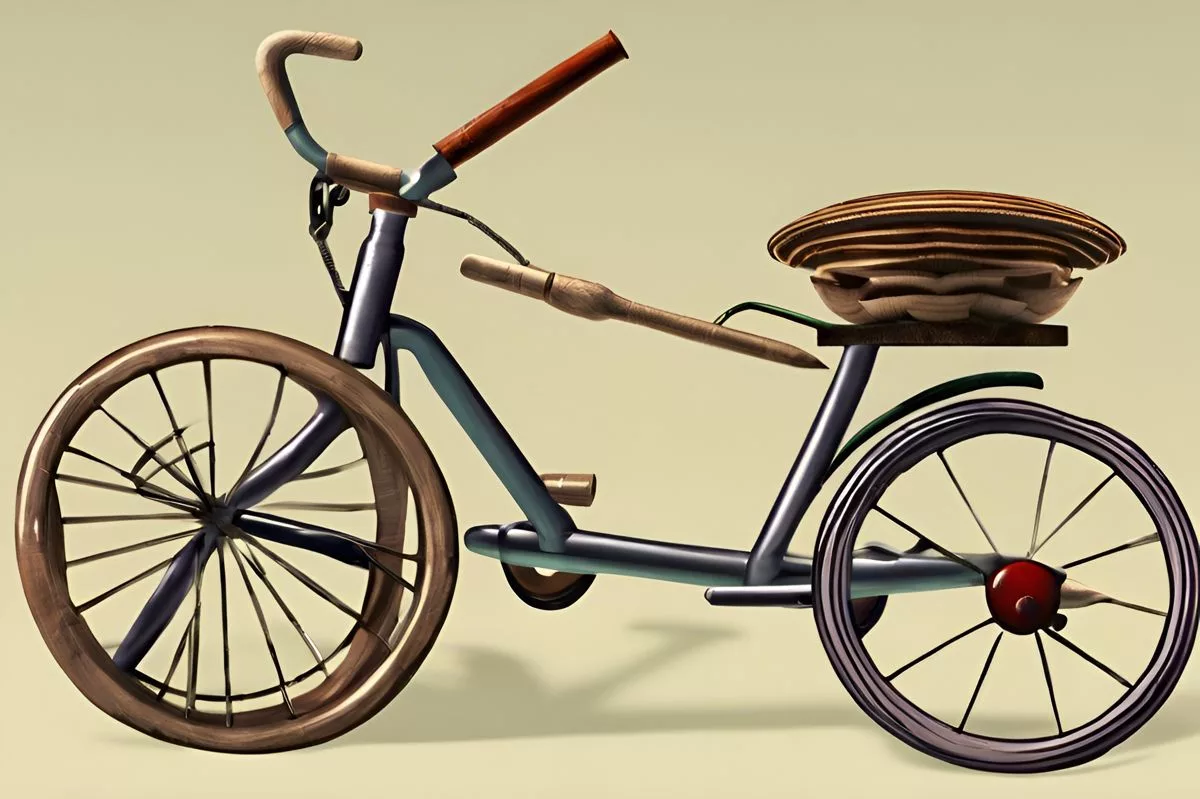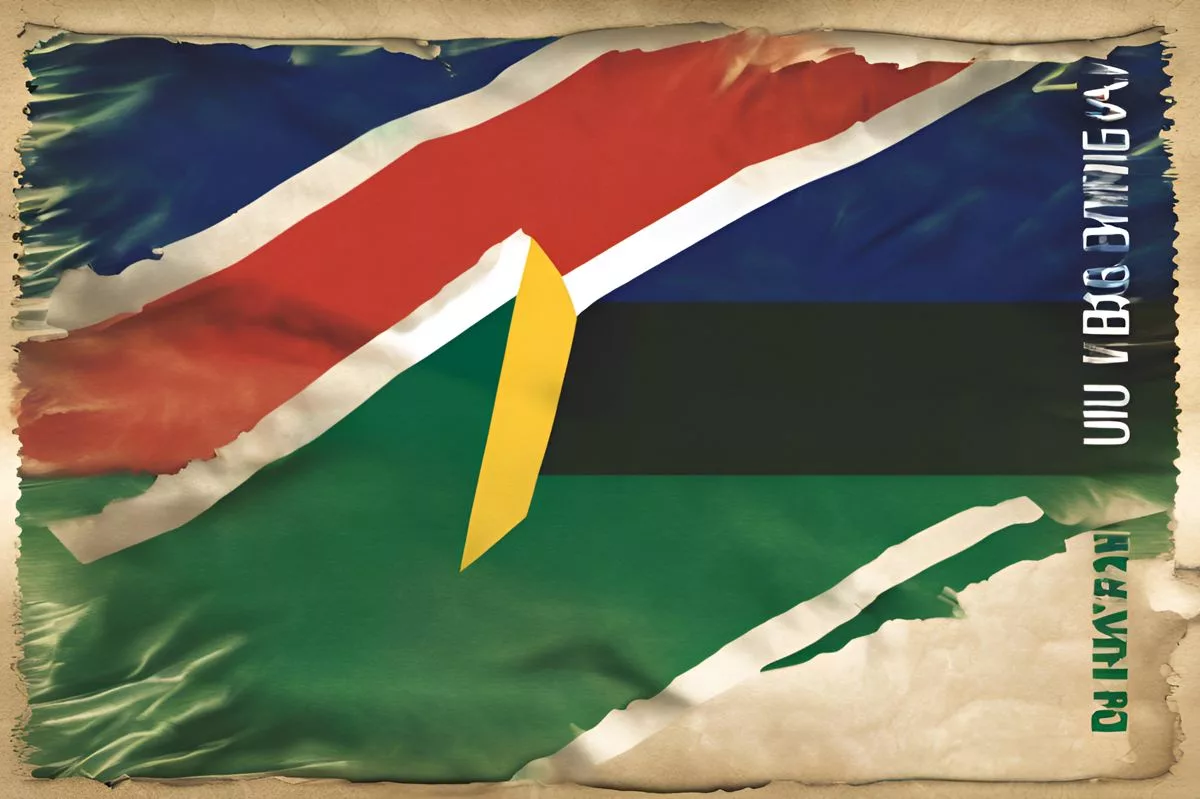South Africa’s Deputy President, Paul Mashatile, will participate in a session of Questions for Oral Reply, emphasizing the country’s commitment to transparency and accessibility. The National Assembly will also gather to examine committee reports on various bills and host a debate on investing in women, showcasing the country’s dedication to gender equality and women’s rights. The events contribute to a noteworthy day in the history of South African parliamentary procedures, highlighting the country’s commitment to public accessibility and transparency.
South Africa’s Deputy President, Paul Mashatile, will participate in a quarterly session of Questions for Oral Reply, designed to maintain the executive’s accountability to Parliament and the people of South Africa. Simultaneously, the National Assembly will gather to examine committee reports on various bills and host a debate on investing in women. The public can participate through various digital platforms, highlighting the country’s commitment to transparency and accessibility. The events contribute to a noteworthy day in the history of South African parliamentary procedures.
As Tuesday, 12 March 2024, reaches 14:00, an unmistakable sense of expectancy will pervade not just the NCOP Chamber, but also residences, workplaces and any location where South Africans can access the live broadcast of the hybrid plenary session. Deputy President Paul Mashatile will step into the limelight, responding to Questions for Oral Reply – a practice mandated by Section 92(2) of the Constitution, designed to maintain the executive’s accountability to Parliament and, consequently, to the South African populace.
This unique interrogatory format, conducted quarterly, facilitates interaction between the executive and the people’s representatives, spanning a wide array of topics. On the following day, Deputy President Mashatile is scheduled to discuss urgent national issues and matters related to government service provision. The questions lined up tackle youth unemployment, the skills shortage, and recurrent water disruptions, to name a few – subjects that ignite interest, provoke discussion, and reflect the heartbeats of the nation’s current socio-political situation.
National Assembly Sessions: Committee Reports and Debates
In conjunction with this significant session, the National Assembly (NA) will also gather simultaneously in the NA Good Hope Chamber and via digital platforms. The NA session will meticulously examine multiple committee reports on various bills, encompassing the Electoral Matters Amendment Bill and issues relating to Justice and Correctional Services.
In recognition of the worldwide observance of International Women’s Day, the NA session will also host a debate on the theme – “Invest in women – Accelerate progress in the context of building a better Africa and the world.” This discussion emphasizes the country’s dedication to gender equality and women’s rights, resonating with the global call for investing in women as a vital catalyst for progress.
Ensuring Accessibility and Transparency
For those desiring to attend these sessions in-person, specific procedures are being followed. Media personnel are requested to submit their details to the assigned contact for scrutiny. For those leaning towards virtual participation, provisions have been made to distribute links to the sessions. This democratic accessibility, enabled by technological advancements, pushes transparency and accountability to the forefront of South Africa’s current political dialogue.
Participation is not exclusively limited to media professionals. Ordinary citizens can tune into these vital sessions live on Parliament TV (DSTV Channel 408), Parliament’s YouTube channel, and X (formerly Twitter) page. They can also subscribe to the Parliament’s YouTube channel for immediate notifications of live broadcasts, further illustrating the commitment to public accessibility and transparency.
Intricacies of the South African Parliament
Amidst this conversation and contemplation, an interesting fact about the South African parliament is worth mentioning; the President isn’t a member of Parliament. Upon their election as President, the individual forfeits their parliamentary seat, which is then passed to the next eligible person from the same party. This separation of powers highlights the operational autonomy between the executive and the legislative branches of the South African government.
An example of a parliament member is Mr. Kavilan Brandon Pillay, a representative of the African National Congress, serving on the Portfolio Committee on Home Affairs and the Portfolio Committee on Planning, Monitoring, and Evaluation. A public figure such as Mr. Pillay epitomizes the role of the representative, forming a bridge between citizens and their government, and shedding light on the democratic process.
The Impact of these Events on South Africa’s Parliamentary Procedures
The unfolding of these events contributes to a noteworthy day in the history of South African parliamentary procedures. As the seats in the NCOP Chamber and NA Good Hope Chamber fill up, and as South Africans tune in from various locations, the democratic principle of accountability takes center stage. The key participants – the Deputy President, the media members, the public – each perform their role in this democratic ballet, reinforcing the lively and dynamic nature of the country’s political landscape.
1. Who will participate in a session of Questions for Oral Reply in South Africa’s parliament?
South Africa’s Deputy President, Paul Mashatile, will participate in a session of Questions for Oral Reply designed to maintain the executive’s accountability to Parliament and the people of South Africa.
2. What other events will take place in the National Assembly on the same day as the session of Questions for Oral Reply?
The National Assembly will gather to examine committee reports on various bills and host a debate on investing in women, showcasing the country’s dedication to gender equality and women’s rights.
3. How can the public participate in these events?
The public can participate through various digital platforms, including Parliament TV, Parliament’s YouTube channel, and X (formerly Twitter) page. Links to the sessions will also be distributed for virtual participation.
4. What is an interesting fact about the South African parliament?
The President isn’t a member of Parliament. Upon their election as President, the individual forfeits their parliamentary seat, which is then passed to the next eligible person from the same party.
5. Who is an example of a parliament member in South Africa?
Mr. Kavilan Brandon Pillay, a representative of the African National Congress, serving on the Portfolio Committee on Home Affairs and the Portfolio Committee on Planning, Monitoring, and Evaluation.
6. What impact do these events have on South Africa’s parliamentary procedures?
The events contribute to a noteworthy day in the history of South African parliamentary procedures, highlighting the country’s commitment to public accessibility and transparency, and emphasizing the democratic principle of accountability.

